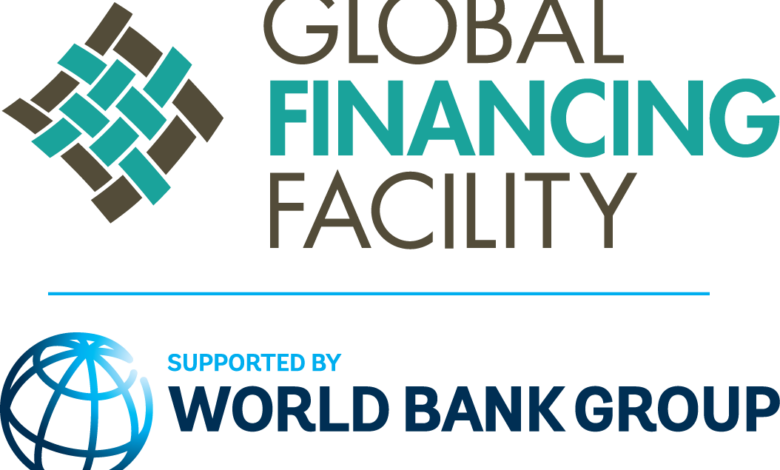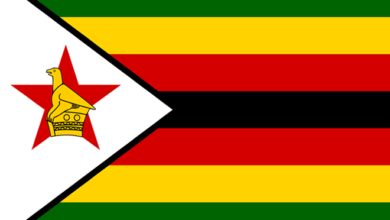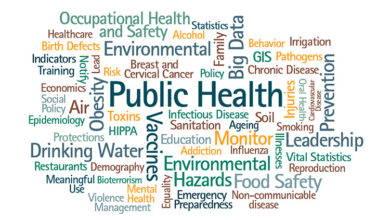National Health Plans of Zimbabwe: GFF and CSO Collaboration

Zimbabwe joined the Global Financing Facility (GFF) to elevate the access to health and nutrition of Zimbabweans. The nation has been a member since July 2019. The successful use of finance and technical assistance from the GFF to the nation will no doubt cement this elevation. Moreso, this assistance focuses on developing and implementing priority for the national health plans of Zimbabwe. This is to scale up access to affordable and quality care for beneficiaries.
Also, the nation will use a grant of a total of USD25 million, over a three year period. This grant is from the GFF. This will help accelerate and drive financial innovations in the public health sector. These innovations will help to attain successful integration in reproductive, maternal, new-born, child and adolescent health (RMNCAH) by 2030. Moreover, of this fund, USD5 million went to COVID-19 response efforts at the government’s request. The grant is known as the Health Sector Development Support Project or Additional Financing Five (AF5) 2 and is in use to help pregnant women, mothers and babies. This will help improve the national health plans of Zimbabwe.
CSO role in national health plans of Zimbabwe
Additionally, the Government of Zimbabwe through the Ministry of Health and Child Care (MOHCC) is currently leading the GFF process. In 2020 a small team of Zimbabwean civil society organisations (CSO) working in the health sector formed an interim coalition steering committee. Furthermore, the group consisted of the Community Working Group on Health (CWGH) with support from Zimbabwe AIDS Network (ZAN) and the Women’s Action Group (WAG). Moreso, other members were the Centre for Sexual Health and HIV/AIDS Research Zimbabwe (CeSHHAR Zimbabwe). This coalition’s contributions worked towards the national health plans of Zimbabwe.
One of this coalition’s aims was to point out where Zimbabwe’s health sector needs improvement and bring forth recommendations. This is with regards to GFF processes and funding guidelines among others. This impacts the success of the future of public health. This group worked with the CSO GFF Resource and Engagement Hub. Also, this was to design a workshop to orient Zimbabwean health civil society organisations to the GFF. All of this was under the purview of the MOHCC. Moreso, it was to develop plans to engage in the process of GFF involvement in the national health plans of Zimbabwe.
Furthermore, involvement of CSOs in delivery of quality health for all is a game changer. At the heart of CSO lies their purpose to be the go between societies’ needs and influencing public policies. They have grassroots networks that have a wide reach. Also, the public can rely on CSOs with a track record of delivery of their mandate.
Funding from GFF is still being used to cater for the needs of pregnant women, mothers and babies in Zimbabwe. This will go a significant way to improve the national health plans of Zimbabwe.





